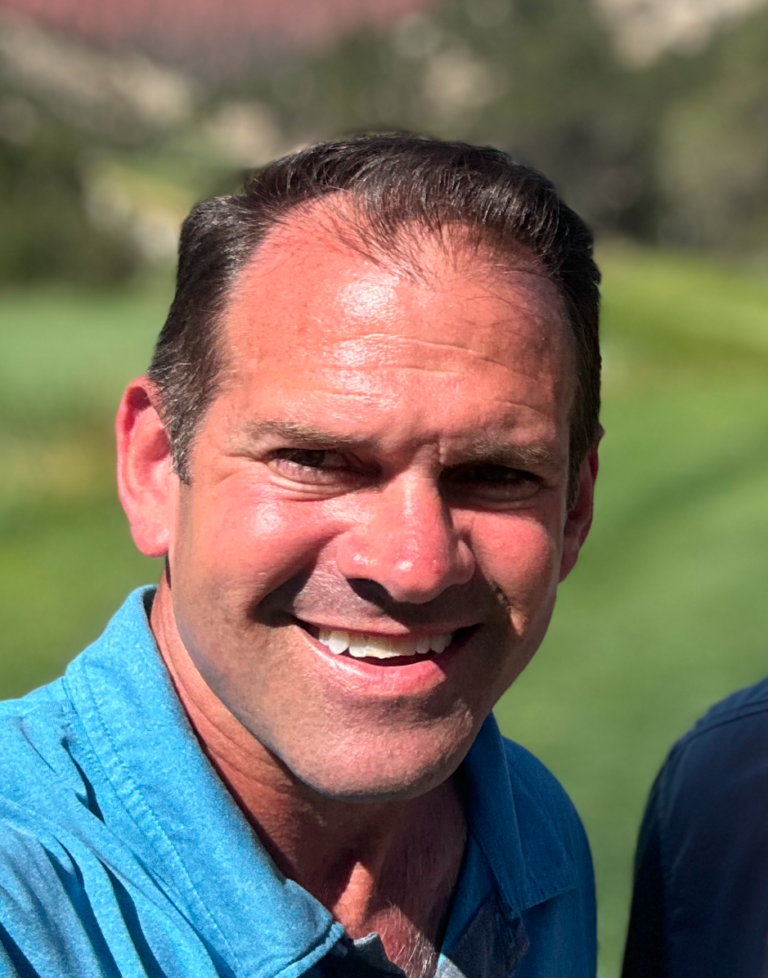Innovations in Heart Disease Prevention: Dr. Ian Weisberg’s Take on What’s Next in Cardiology
Innovations in Heart Disease Prevention: Dr. Ian Weisberg’s Take on What’s Next in Cardiology
Blog Article
Cardiology is on the edge of a scientific and medical revolution, with breakthroughs set to convert heart disease avoidance, analysis, and treatment. Dr Ian Weisberg, a number one specialist in cardiac electrophysiology, anticipates several groundbreaking inventions that will redefine how exactly we method center health.

1. AI-Powered Diagnostics and Predictive Medicine
Synthetic Intelligence (AI) is making waves in cardiology, but Dr. Weisberg feels their position may develop significantly. AI-driven ECG evaluation, device understanding algorithms, and predictive designs enables health practitioners to identify cardiovascular disease risks before signs appear. This change toward preventive cardiology will reduce emergency interventions and improve individual outcomes.
Additionally, AI-assisted imaging may enhance early recognition of coronary artery disease, ensuring that patients obtain therapy before a coronary attack occurs.
2. Individualized Medicine for Heart Individuals
Every heart is unique, and Dr. Weisberg envisions a future wherever cardiology remedies are customized to each patient's genetic profile. With advances in genomics and biomarker examination, health practitioners will be able to prescribe very individualized medications, food diets, and therapy plans that work best for an individual's cardiovascular health.
As an example, gene treatment is featuring promise in treating inherited heart conditions, potentially treating genetic defects that cause heart disease.
3. Minimally Invasive Procedures Can End up being the Norm
Standard open-heart procedures are slowly being changed by minimally unpleasant techniques. Dr. Weisberg foresees catheter-based techniques, robotic-assisted surgeries, and next-generation stents getting safer, quicker, and more precise.
One key growth is bioresorbable stents, which reduce naturally after healing the artery, reducing long-term dangers connected with material implants.
4. Remote Tracking and Smart Wearables
Smartwatches and AI-powered wellness trackers are becoming crucial instruments for monitoring heart health in real time. Dr. Weisberg highlights the growing use of implantable units that may continually monitor arrhythmias, blood force, and air degrees, giving alerts right to medical practioners when irregularities occur.
That technology enables individuals for care without frequent clinic trips, making cardiology more available and efficient.
5. Regenerative Medicine and Stem Cell Treatment

Dr. Weisberg anticipates that base mobile therapy and muscle executive can enjoy a crucial position in heart problems recovery. Scientists are exploring approaches to replenish damaged center structure, potentially curing the results of center failure and myocardial infarctions (heart attacks).
With constant research, individuals might soon take advantage of cell-based remedies that regain heart purpose somewhat than just controlling symptoms.
Realization: A New Era for Cardiac Care
Dr Ian Weisberg's predictions paint the next wherever heart disease is detected earlier in the day, treated more effortlessly, and actually corrected using advanced medical technologies. With innovations in AI, individualized medication, minimally unpleasant methods, rural checking, and regenerative solutions, the future of cardiology is richer than ever.
Report this page